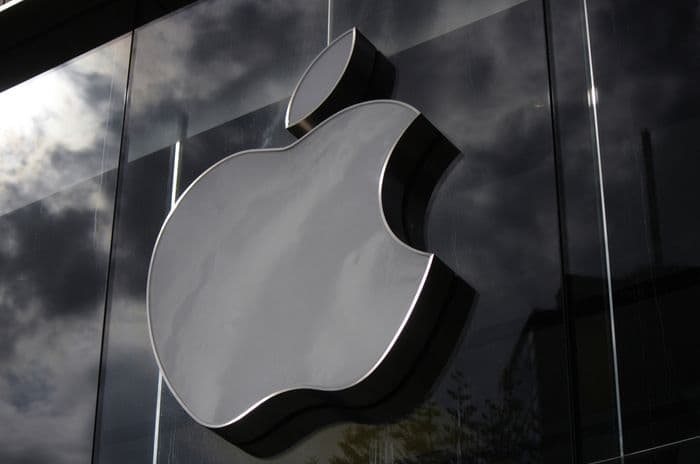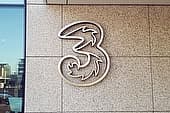Home > Mobile > News > How Android is to blame for the budget iPhone 5C
How Android is to blame for the budget iPhone 5C
WE'RE all expecting the iPhone 5S / 6 to be announced next month, but there's a good chance we could be seeing the long rumoured iPhone 5C too.

Speculation around the budget iPhone 5C has so far split opinion though; for many, Apple only create premium products and it should stay that way.
However, with the emergence of Android and Windows Phone devices, which do a similar job for a lot less money, it seems that Apple has finally caved into demand.
It's been reported that the new iPhone 5C will cost between £230 and £320, around half the cost of a current iPhone 5. That compares pretty well to a Samsung Galaxy S4 - around £350 SIM free, or the HTC One Mini expected to cost around £380.
Android steals market share
Apple started to fall behind in the smartphone market as soon as Android entered the fray in 2008, just one year after the iPhone's initial launch.
Things haven't changed much in Apple's favour since then either, as research by IDC found their global market share fell from 16.6% to 13.2% since the same time last year.
However, over the same period, Android gained further ground, hitting 79.3%, up from 69.1% in the second quarter of 2012.
Even Windows Phone has managed to demonstrate more growth than Apple, increasing from 4.9 million to 8.7 million units - equivalent to a 77.6% increase.
While the actual number of shipments is still well off that of Apple or Android, it does show the positive impact the Nokia Lumia devices are having on the Windows Phone OS.
Targets Chinese market
It's been speculated that the budget iPhone 5C is being launched to compete in India's and China's emerging markets.
Android is one of the most popular platforms for Chinese smartphone makers, probably because Google gives the OS away for free - allowing the price tag to be kept to a minimum.
But the Chinese market is also already competitive, with a boom of cheap devices being manufactured at home - from upcoming names such as Lenovo, Huawei and ZTE.
Lenovo, Huawei, ZTE and Samsung's popular Galaxy range all run Android OS.
Apple already has the second biggest market share in China, after Samsung, but with most Chinese customers being unable to afford the premium price tag it's been suggested a budget iPhone release could push Apple to market leader.
But does Apple want budget?
While budget isn't completely new to Apple, they had the iBook for example, part of their appeal has always been that Apple is a premium product.
Apple has managed to keep its original price tag of the iPhone for the past six years, refusing to consider being anything other than high-end.
In January this year for example, Senior Vice President of worldwide marketing, Phil Schiller, reportedly told a Chinese newspaper that "[budget devices] will never be the future of Apple's products."
Although the story was later pulled by Reuters, as the interview got muffled.
Tim Cook, Apple CEO, on the other hand, has even admitted that when the iPhone 4 had its price cut after the release of the iPhone 5, the company was surprised at the level of demand.
It's not the first time Cook has leaned towards budget though, back in 2011 he was quoted by Business Insider as saying he wanted Apple to be "for everyone," not "just for the rich".
Cook went on to say that Apple would not be giving up any market share unwillingly, noting how China was primarily a prepaid market, and that "price is a big factor in the prepaid market".
Given that they continue to lose market share to Android then, it's becoming no real surprise that a cheaper version of it's flagship device is on it's way.
Switching Android users
Android's sizeable market share is debatably down to the affordability of its handsets.
However, with Apple entering into the lower end of the market, Android users could soon be switching to the iPhone.
According to a survey by TechBargains.com this time last year, it found that more than one in five Android users were planning on ditching their current device in favour of the iPhone 5.
Other research by Consumer Intelligence Research Partners supports the claim, finding that 20% of people buying iPhones in the 12 months between July 2012 and June 2013, were previously Android users.
With a more affordable handset on the cards, those figures could start to increase even further.

We are independent of all of the products and services we compare.

We order our comparison tables by price or feature and never by referral revenue.

We donate at least 5% of our profits to charity, and we aim to be climate positive.
Latest News

5 February 2026
Vodafone offers 5G 'Speed Boost' extra benefit
19 January 2026
Three named fastest UK mobile network for 2025
9 January 2026
Ofcom moves to let mobile and Wi-Fi share 6GHz airwavesReceive consumer updates that matter in our newsletter


